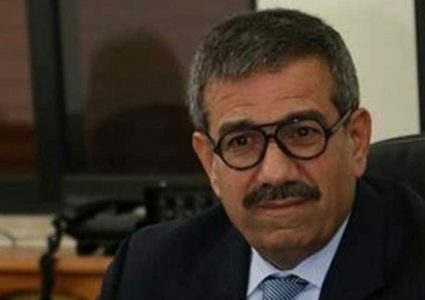The Palestinians did not achieve any of their aspirations without struggle and sacrifices. In the first phase of their struggle outside Palestine, they paid heavy prices until they: 1- They regained their national identity, which had been scattered, scattered with different sub-identities, 2- Recognition of their common representation through a unified representative institution, which is the PLO, 3- Recognition of their rights: the right of return in accordance with Resolution 194, and their right to a state in accordance with Resolution 181, and accordingly all decisions were issued that went beyond Resolution 302, which included the formation of the United Nations Relief and Works Agency for Palestine Refugees.
That is, the Palestinian struggle transformed the Palestinian issue from a humanitarian issue represented by caring for refugees, which was transformed into a political issue, related to a people looking towards return and a state, and that was the outcome of the struggle and its introduction outside Palestine.
After leaving Beirut, following the Israeli invasion of Lebanon in 1982, the attention and national program of the Palestinian leadership shifted towards work, organization and struggle inside Palestine, where this resulted in the explosion of the first popular uprising in 1987, which was mostly peaceful in nature through demonstrations and protests against the occupation, and clashes with the colonial forces. The activities of the first intifada and its sacrifices forced the Israeli-American acknowledgment and recognition of the three titles: 1- The Palestinian people, 2- The Liberation Organization, 3- The legitimate political rights of the Palestinian people, and accordingly a series of transformations took place on the ground and the transfer of the Palestinian issue from exile to the homeland, and a series of withdrawals. Israeli control of the majority of Palestinian cities, with the exception of Jerusalem and Hebron.
The Camp David negotiations under American auspices in July 2000 failed and did not achieve the completion of the required steps towards Israeli withdrawal and the removal of settlements. Following the failure of the negotiations with the Jews of Barak under the auspices of US President Clinton, the second intifada exploded in 2000, after President Yasser Arafat allied with Ahmed Yassin. The leader and founder of Hamas, and the implementation of painful operations against the Israelis, forced Sharon to leave the Gaza Strip and depart from it, after dismantling the settlements and removing the bases of the occupation army.
In the three struggle stations: 1- Outside Palestine, 2- The First Intifada, 3- The Second Intifada, the Palestinians did not achieve status or gain, due to the blackness of their eyes, the justice of their cause, or the good morals of the colony and its leaders, or from its masters and allies. Rather, the Palestinians achieved serious, real gains. Tangible as a result of their struggle and sacrifices.
The path of negotiations alone as a means of restoring the rights of the Palestinian people failed and failed, because the Palestinian-Israeli negotiations were not supported by combat levers that would force the Israelis to retreat and recede, or any new withdrawal. Rather, the absence of combative action led to a major and unprecedented settlement shift, which is the result of security coordination between Ramallah and Tel Aviv, and the security truce between Gaza and Tel Aviv, and the two wings of the Palestinian Authority in Ramallah, led by Fatah, and the Authority in Gaza, led by Hamas, turned into prisoners of the choices of the Israeli colony, and accept the financial crumbs and services that the colony provides to the two parties in Ramallah and Gaza.
The individual struggle, no matter how great its sacrifices and valor, will not give the desired benefit, without the real participation of Fatah, Hamas and the rest of the national factions, an end to the policy of security coordination by the Ramallah authority, and a security calm by the Gaza authority.







Share your opinion
Oslo from two conflicting angles